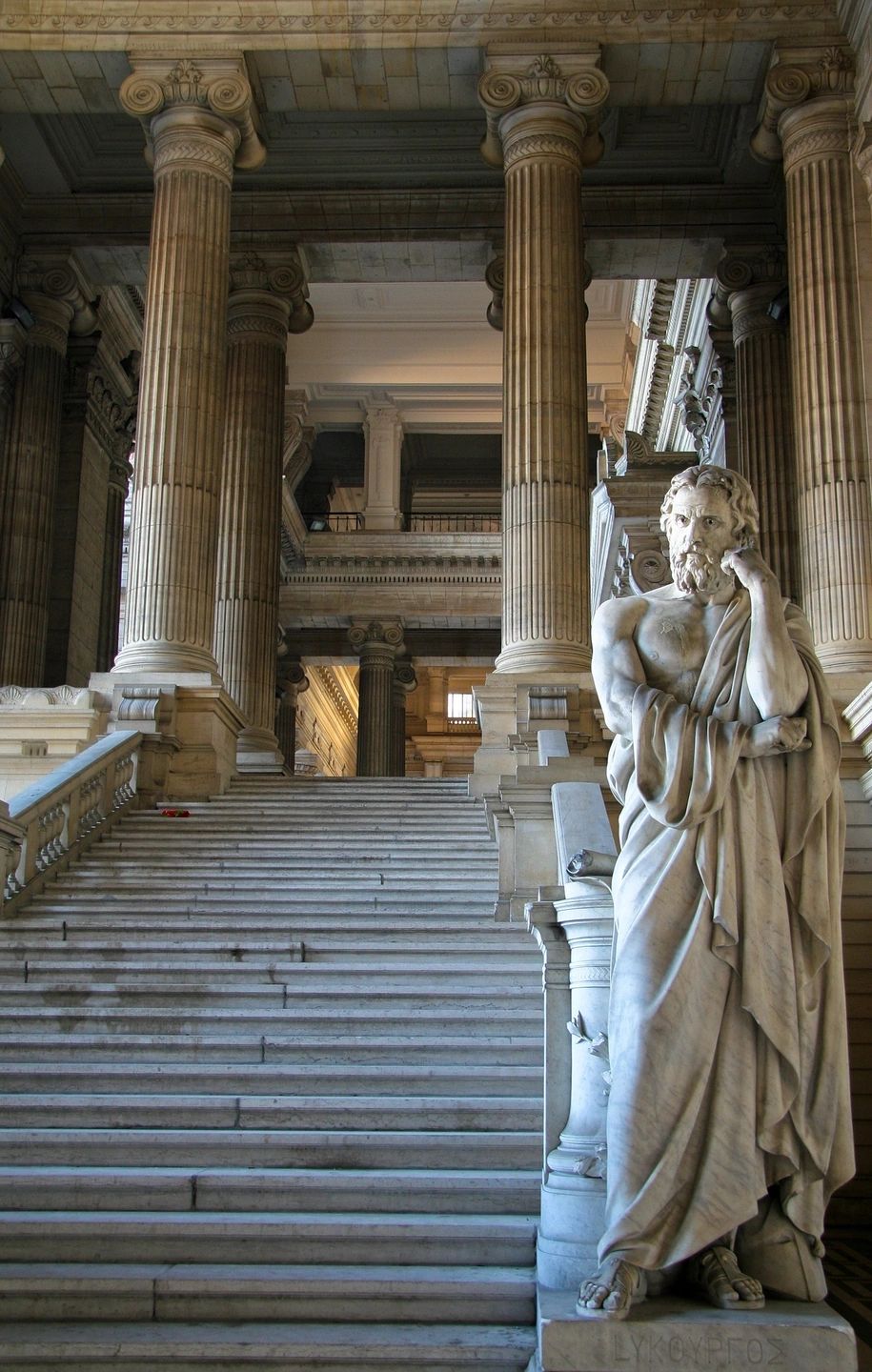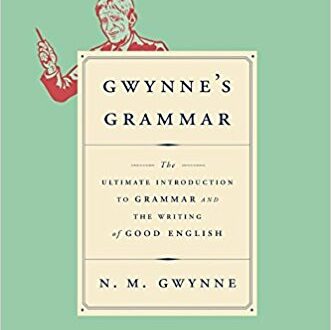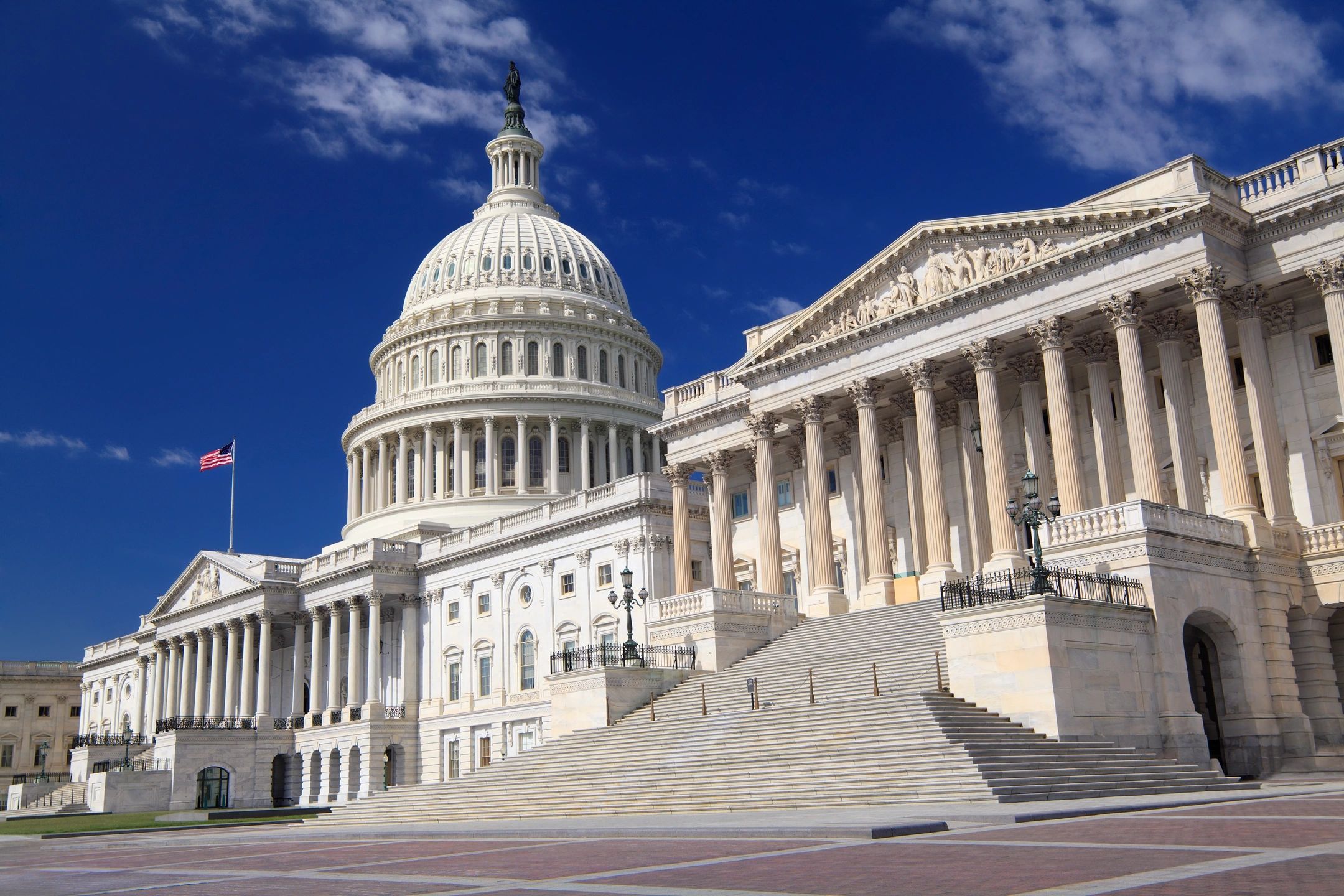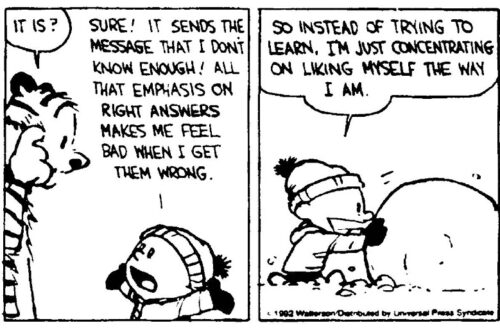Christian classical education is on the rise in the United States. But what is it? In what follows, I will attempt a sketch of the context of our present educational project, the assumptions of education in the classical period, and how such assumptions fit with a Christian educational model. I hope to demonstrate that a Christian classical school begins with a starting point not only in the hopes of a parent, but the reality of God’s creation and his intentions for our lives lived within it.
A Reaction to Pragmatism
Perhaps the best way at this topic is a brief sketch of educational theory that removed any vestiges of the classical model from public education in America. The place to start is with the advent of American pragmatism. It is not the source of the transition. That honor belongs to the European cohort of enlightenment philosophers. But as far as changes in educational philosophy within the United States is concerned, pragmatism heralded a new, and all pervasive, educational foundation. In fact, it is wrong to call it a foundation at all. If anything, it rejected foundations in an effort to free up the public education system to meet the pressing needs of the industrial revolution.
Prior to the tumultuous social changes that steam, steel, and sausage factories brought to the west, education of the kind we call ‘classical’ was exclusively the propriety of the upper echelons of society. This is in part due to the classical era’s insistence on excellence in political governance, the domain of the few, the well trained, and the elite. The rest of the population had relied on the passing on of trades. Farmers trained their sons to carry on the work and mothers trained their daughters in the art of homemaking. A basic knowledge of reading was sometimes passed on, but sons expected to take on jobs at least closely related to their father’s occupations. Industry changed all this. People moved families to the vicinities of the factory and roots were severed. As the needs of the workforce changed, so did education. The disruption of the industrial revolution gave rise to the abandonment of universal, timeless truth expressed in a rational, hierarchical society. In its place, education began to focus on human, communal experience. This had a huge impact on the nature of education in the industrialized world. Since the world was changing at such a rapid pace, education could not be about eternal truths or a static human nature. Instead education should be about the evolution of the higher species.
The leading figure of the modern educational movement in America was John Dewey. Dewey claimed that education was the key to the constant adaptation of our species to our rapid changing environment. He even claimed that if we fail to educate, we would fall back to a more bestial form of life. In his 1910 work, How We Think, Dewey sketched out a pragmatic learning process that began not with the nature of humanity, truth, or laws of nature, but with the diagnosis of hindrances to human flourishing. Education became a form of problem-solving. Dewey felt that the rigidity of traditional moral codes and educational methods stifled human flourishing. Crudely put, the pragmatist thought that morality was determined by whatever worked to achieve the advancement of the species.
In my own experience of theological education, I have listened to pragmatic theologians espouse similar methods in theological education. Instead of beginning with scripture and constructing a theology, one is asked to reflect on a community’s or an individual’s experience and consider a problem or question. Then, once one has analyzed the nature of the problem, one consults religious sources and brings their wisdom to bear on the problem. The aim of the process is not knowledge, but action.
While pragmatic theories of education have changed in the last fifty years, mainly because of the influence of postmodernism, the general idea of pragmatism still reigns in public education. To some extent, its prominence explains the reactive nature of the classical education movement. In the 1930s, a movement began in Chicago that attempted to re-establish a liberal and classical from of education in America. In post-war America, Mortimer Adler and Robert Hutchins produced a massive collection of books called Great Books of the Western World composed of what they considered the best written work in the western tradition. Their intention was to restore a more classical approach to education, but it was done in reaction to the mainstream.
To some extent we too are attempting to swim upstream. So much so, that some advocates of classical education seek to remind us that we can never actually have a purely classical education in our time. This is because the society in which we teach and learn is decidedly non-classical, even anti-classical. But classical education is, in part, dependent on the form of life of the wider society. David Hicks argues that the conditions necessary for a truly classical education are absent from western culture.[1] Whereas the classical world was committed to a material realm and an eternal immaterial realm, the contemporary west is only concerned with the temporal and imminent. Whereas the classical world shaped its form of life in accordance with nature, the contemporary world insists that we shape nature in accordance to human need. The classical world was deeply committed to a proper purpose of all life, but the contemporary west treats purpose as something determined by our own choices. Finally, Hicks says that the classical educator intended to preserve a form of life by passing it on. They were concerned with a continuance of the governing norms of truth, beauty and the good. In contrast, the modern educator is concerned with continual change and is antagonistic toward norms in general.
David Hicks is right about the counter-cultural nature of classical education. There is no doubt that a classical education is only really at home when those who pass through it share a common worldview with the wider culture. However, it is not the case that a Christian classical education is fraught with the same problem. Indeed, the normal from of life for Christians in history has been counter-cultural. Thus, adopting a classical form of life within our schools does not require a classical form of life to be adopted in the wider culture. Since our goal transcends the mere preservation of a bygone western culture, we are somewhat freer to pursue an education that, though running upstream, runs toward the goal of glorifying God with our lives.
So, the rise of classical education is, in part, explained by a reaction to the dominant form of education we find in public schools. Indeed, it may be that some parents choose classical education primarily because it is not the pragmatic, progressive education being offered at their local public school. Of course, our imaginary parent has gone beyond reacting to one thing and is asking about the nature of the thing she is attracted to. So, we return to our question: what is classical education?
A Return to Antiquity
At first glance, it may appear to be a method of education employed by the educators of the classical period, by which we mean in the pre-modern period stretching right back to the ancient Greeks in classical antiquity. This is partly right. The ‘classical’ in ‘classical school’ relates to some form of education carried out in the past. But it is not because it is old that it is better. Rather, there is some great-making feature of the older form of education that is worth repeating.
The most prominent feature of classical education that is worth preserving is the insistence on beginning education with a set of assumptions about reality. Whereas the contemporary educational scene focuses on adapting truth, morality, and nature to the end of human flourishing in a fast-changing world, classicalists focus on educating their students to adapt their lives according to the unchanging, immutable nature of truth, morality, and the laws of nature.
Ideas
One of the features of a classical school is the insistence on reading older texts spanning the history of western civilization. But it is not because they are old texts that we read them. Surely great books have been produced recently and even if there has been nothing approaching greatness in the last century, the books we call great were, at one point in time, recent. It is a mistake to think that a great book only became great after a good deal of time had passed. So, what is it that makes these books great? It is tempting to find some utility to point at to justify our reading list. We might say that reading the great books makes us more fit for a changing world. The books show us how humans were able to flourish in history and help us in our present world.
In contrast, the classical approach to great books does not measure the usefulness of reading great books, but measures the greatness of the book by the ideas within its pages. According to classicalists, those ideas worth knowing are ideas that have stood the test of time and transcend human temporal situatedness. Classicalists go beyond the intuition that one ought to read great books in order to feel like one has a good grasp of western civilization’s background knowledge bequeathed to us by our better-and-wisers. Classicalists consider great ideas to be universal – they are good at all times and in all places. This is quite a controversial thesis. Indeed, we live in an age in which people presume that one idea is no better than another. To say that the western canon is better than their non-western counterparts is, in some circles, tantamount to egregious bigotry. But it is not a claim of cultural superiority. Indeed, if great ideas are found in well-written books from outside of the Christianized west, we should feel at liberty to include such books. One might point out as well that the western canon is not all we have at this school. After all, our primary text for life and learning is ancient and fundamentally Jewish. Books are not chosen because of the ethnicity of the writer but the exemplary ideas that the author records in his prose, poetry, and polemic. We read Shakespeare for his ability to cut to the center of human moral struggle. We read Cicero for his ideals, Plato for his ideas on ideas themselves. They have stood the test of time because the great ideas they express transcend culture, time, and student.
Virtues
Another attractive feature of a classical education is that we generally insist on producing habits in students that become virtues, ways of being in the world that exhibit valuable characteristics. Many lists of virtues have been produced relating to morality, discipleship, and the intellect and some classicalists emphasize the cultivation of virtue in their definitions of classical education. For example, Martin Cothran defines classical education as “the cultivation of wisdom and virtue.”[2] We should stop to think about this for a second. Who would not want to have their child exhibit such characteristics? The question isn’t whether those espoused virtues are good, but what is it about classical education that entails such things? What is the feature of classical education from which it follows that human virtues are held in high regard? It must be more than a general liking for the idea of a virtuous student. Anyone—atheist, secularist, and postmodernist alike—will hold wisdom in high regard.
The good-sounding characteristics we tell parents we want to instill in their children are only good if there is something proper about them. Why do we want children to exhibit such virtues and not vices? One answer, provided by Aristotle, is that every object that exists has a nature and a function in the world. The function of an object is determined by its nature and its nature determines what kind of thing it is. According to Aristotle, the human is a kind of creature that is distinguished from the beasts by its rationality. Accordingly, we are “rational animals.” Consequently, the proper function of the kind of thing we are is to exhibit rationality. And the better we exhibit such a feature, the more properly we function. Just as a car functions properly only if it successfully transports us from A to B, we function properly only if we exhibit rationality. Such a proper function comes in degrees. Some reason well, some poorly, and some excellently. Some cars excel at getting us from one place to another and they do it with style.
The use of the word excellence in education assumes there is some kind-appropriate function we wish to see exhibited by students. Excellence is a measure of the actualization of a power within an object. If a car is beautifully designed, brilliantly engineered, and never fails to get its owner to his or her destination, then it is an excellent car. The reason for its excellence does not lie in the opinion of the owner but in the nature of the car. It is excellent because its potential is more fully actualized than other cars. Similarly, a child who reasons well is not excellent because we find her to be so, but she is excellent because she is using her natural ability to reason to a high extent. She is actualizing the power she has in virtue of being a rational animal.
This view of human nature grates upon the modern educator’s assumptions. Modern education strives to create purpose-free zones in which we are free to provide our own purpose, determined by human desire and public need. Accordingly, a car has no privileged function. It can be a mode of transport, a dwelling place, or a museum piece and no one, apart from us, determines which. To say that human beings have a privileged function is tantamount to contemporary heresy. Who’s to say what the proper function of a human’s mind and body is? The secularist says that it is up to each of us to determine our own purpose and that no one can say which purposes are better than others.
Method
Another strategy we pursue with our prospective parent is the emphasis of method. How do we get children to learn? The Socratic method is often heralded as a primary tool of classical instruction. The teacher asks a series of questions that mysteriously elicits answers from students. The student is led by the teacher to the lake of knowledge from which she drinks. At this point our pragmatic instincts are laid bare: this kind of process works. It produces the learning outcomes we have set: students appear to learn by going from one step to the next while the teacher asks the right questions. Magic, right? Interestingly, the paradigmatic Socratic dialogue between Socrates and a slave-boy in which the slave-boy is ‘taught’ geometry merely by answering Socrates’ questions had nothing to do with promoting a methodology in education. Indeed, Socrates’ aim in the scene is to show something about the nature of the human soul in virtue of which the boy is able to ‘learn.’ I place the word, ‘learn,’ in quotes for good reason. Socrates concludes from the incident that he taught the boy nothing at all and, furthermore, the boy learned nothing at all. If the teacher didn’t tell the boy the answers, then the boy already knew the answer. Socrates concludes that the only way the boy could have known geometry was if his soul had already experienced the discipline and was only at this point being prompted to remember it.
The point is not to convince you that if you are committed to the Socratic method, you are also committed to the doctrine of the pre-existence of the soul. Rather, I am attempting to point out that classical education is concerned first and foremost with the nature of reality. It is from this starting point that educational method is established. If we are pre-existent souls with knowledge obtained from our prior existence as participants in Plato’s realm of the forms, then our educational method should aim at aiding the souls of children to recollect those experiences. Teachers, like Socrates, ask questions that elicit the recollection of a child’s soul.
In sum, classical education is an educational form we have borrowed from the past. But we don’t merely cut and paste it onto our already established modern or postmodern worldview. Indeed, for a school to be classical, its teachers must be committed to a transformation in worldview, one which leads to the adoption of a pre-modern perspective on the world, the nature of human beings, and the nature of the ideas upon which human life depends.
A Relationship with the Faith
At this point, perhaps you wonder if we haven’t adopted something fundamentally unchristian. Surely, we should not accept Plato’s speculation about pre-exiting souls or even accept that human beings are only unique due to their rational faculties. Nor should we entirely accept the idea that great books exemplify only good ideas. Universal they may be, but surely not all of them are correct or in accordance with the contents of the Christian faith.
This leads us to the second question: what is the nature of a Christian classical education? Do we mean classical-plus? Educators of the middle-ages attempted a synthesis of the classical model plus the Christian faith. To some extent, they succeeded, but, as the reformers taught us, the project, in part, contributed to corruptions in the church itself. But we are left in a somewhat similar predicament with a classical model on the one hand and a set of Christian beliefs on the other. How are these to be combined? Perhaps it is merely classical plus prayer, plus Bible class. I’m tempted by the idea that it is classical plus Christian smile, a kind of warmer, friendlier classical. But that is not enough for us, is it? Indeed, if that’s all we mean, we could just as well have plain classical and let the parents take care of the rest. Such an instinct reveals our essentialist dispositions – if the school is neutral on matters and worldview, then they will teach the essentials—reading, writing and ’rithmetic—and the home will take care of the worldview. However, as we’ve seen, classical or any other educational model is not able to achieve neutrality.
Christian education is not necessarily the education of the classicalists. Indeed, much of the worldviews of classicalists is not the worldview of the Christian. However, the reason for their compatibility is the assumption that we begin our education by assuming a set of truths about the world, human nature, and the ultimate reality upon which all else rests.
First, classical education is most suited to a Christian education because it begins not with questions about human experience, problem solving, or political activism, but with questions about the fundamental nature of reality. The nature of a Christian and Classical education is its primary focus on the very nature of reality. In a Christian classical school, education begins with the nature of God, his attributes and works in the world. It is in virtue of those aspects of reality that we determine curriculum. Learning logic is not merely about being able to argue, but it is about learning to think God’s thoughts after him. Learning history is not merely learning from mistakes of the past, but about learning about the movement of the hands of the one who determines the boundaries of every nation (Acts 17). Mathematics is what it is because of the nature of God and reflects his infinite rationality and beauty. Augustine viewed God as a perfect harmony. There is no contradiction in God, no tension or any defect. Our studies assume the ultimate harmony of all we learn not because of human ingenuity, but because we assume that our harmonious God is orderly in nature and orderly in his works.
Second, the Christian classical school takes no knowledge for granted nor does it assume that the only knowers in the classroom are the teacher and her students. Rather, Christian education assumes there is one teacher. Augustine argued that a teacher could not teach all we know nor could a student learn it. According to Augustine, the words we use for teaching are but signs upon which the divine teacher, the Son of God, is prompted to illumine the mind of the student. This might sound far-fetched, but the fundamental assumption the Christian educator makes when he opens his mouth to speak is that no knowledge is possible unless God reveals it to us. God is the source of all human knowledge and we are able to know because God reveals knowledge to us in his creation and in his Word.
Third, virtues are not found by observation alone, but by divine prescription. God knows what it is to be human and it is his description of the Christian that determines his or her nature. The importance of proper function of human beings is related to divine rule, the Lordship of Christ over our behavior no less than over our minds. Furthermore, the Christian assumes that there is something wrong with the world that requires restoration. Thus, schooling is no mere training for the race of life, but the repairing of the ruins of our forbears. Schooling is, as John Milton points out, a part of sanctification: “The end then of learning is to repair the ruins of our first parents by regaining to know God aright, and out of that knowledge to love him, to imitate him, to be like him.”[3] The Christian classical school plays a part in the instruction of children in right behavior not merely for decorum or because it makes learning easier, but because our worldview entails that we teach sinners even as we ourselves are sinners. The Lord uses our efforts to shape his people, conforming us not to the standards of the world, but to the character of Christ.
Conclusion
In reading what I have said, I realize that I have inadvertently created a new version of the famous three R’s mantra, but instead of reading, writing, and ‘rythmatic, I have proposed a definition of a Christian classical education as a reaction to our modern/postmodern context, a return to antiquity, and a relationship to the Christian faith. All three aspects play an important role in our concept of a Christian classical education. We are never far from a fraying culture bent on excising God from public life, so we have always to have one eye on both our inadvertent absorption to contemporary culture and our place in God’s mission to a world full of lost people. Our role is especially discordant due to our adherence to a former world, one in which we find the lost tools of learning and attempt to retrieve them before the rust sets in. Finally, the Christian nature of our educational vision is not mere add-on, but an all-encompassing worldview that informs and governs every nook of our principles and practice.
[1] David Hicks, “Is Classical Education Still Possible?” Circe, 2017, 5:35-38.
[2] Cothran, Martin. “Philosophy | Memoria Press – Classical Education.” Memoria Press,
[3] John Milton, “Of Education” quoted in Leland Ryken, Worldly Saints (Grand Rapids: Zondervan, 1986), 163.




